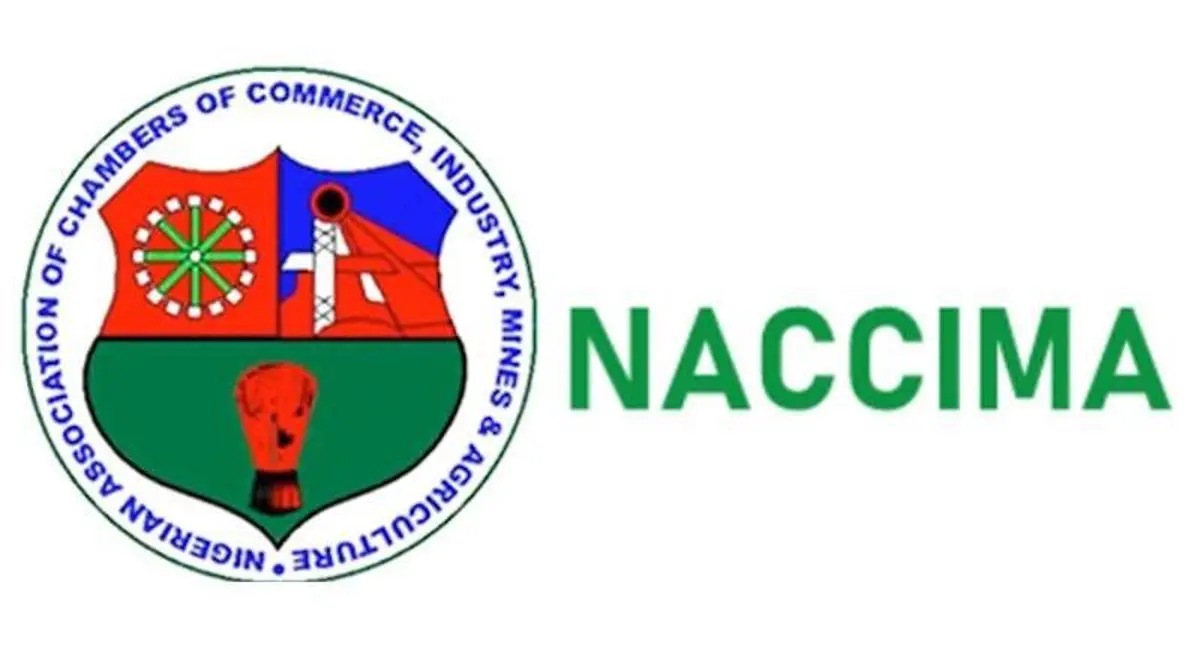The National President of the Nigerian Association of Chambers of Commerce, Industry, Mines, and Agriculture (NACCIMA), Dele Oye Esq., has expressed opposition to an increase in the benchmark interest rate (MPR) by the Central Bank of Nigeria (CBN).
In a statement, Oye said while an increase in the benchmark interest rate can help control inflation, it often introduces higher costs and increased uncertainty for businesses, which can have a range of negative impacts on their operations and growth prospects.
According to him, some of the consequences include increased borrowing costs, reduced investment, decreased consumer spending, impact on stock prices, cash flow challenges, inflation control, and long-term planning, among others.
The statement reads: “A hike in the benchmark interest rate (MPR) by the CBN can have several potential consequences for businesses as higher interest rates mean that loans and lines of credit become more expensive. T
He noted that this would increase the cost of financing for businesses, leading to higher operational costs.
He went on to state that with borrowing becomes more expensive, businesses may delay or scale back on investments in expansion, new projects or capital improvements, thus, slow down business growth and innovation.
“Higher interest rates can lead to increased borrowing costs for consumers as well, which can reduce their disposable income. This typically results in lower consumer spending, which can negatively impact businesses, particularly those in the retail and service sectors. Businesses that rely heavily on debt to manage cash flow may find it more challenging to service their debt, leading to potential liquidity issues.”
He said the interest increase would make bonds and other fixed-income investments more attractive compared to stocks.
“An increase in the benchmark interest rate can strengthen the national currency. While this might reduce the cost of imports, it can make exports less competitive, potentially harming businesses that rely on international markets. While the primary goal of raising interest rates is often to control inflation, it can have a mixed impact on businesses. On the one hand, controlling inflation helps maintain purchasing power and economic stability; on the other hand, the immediate effects of higher rates can strain business operations.
He added that when consumers perceive rate hikes as a sign of an overheating economy or a response to high inflation, their confidence may be shaken, leading to reduced spending and investment.
He said a tighter monetary policy can lead to stricter lending standards, making it harder for businesses, especially small and medium-sized enterprises (SMEs), to obtain credit.

 Join Daily Trust WhatsApp Community For Quick Access To News and Happenings Around You.
Join Daily Trust WhatsApp Community For Quick Access To News and Happenings Around You.


